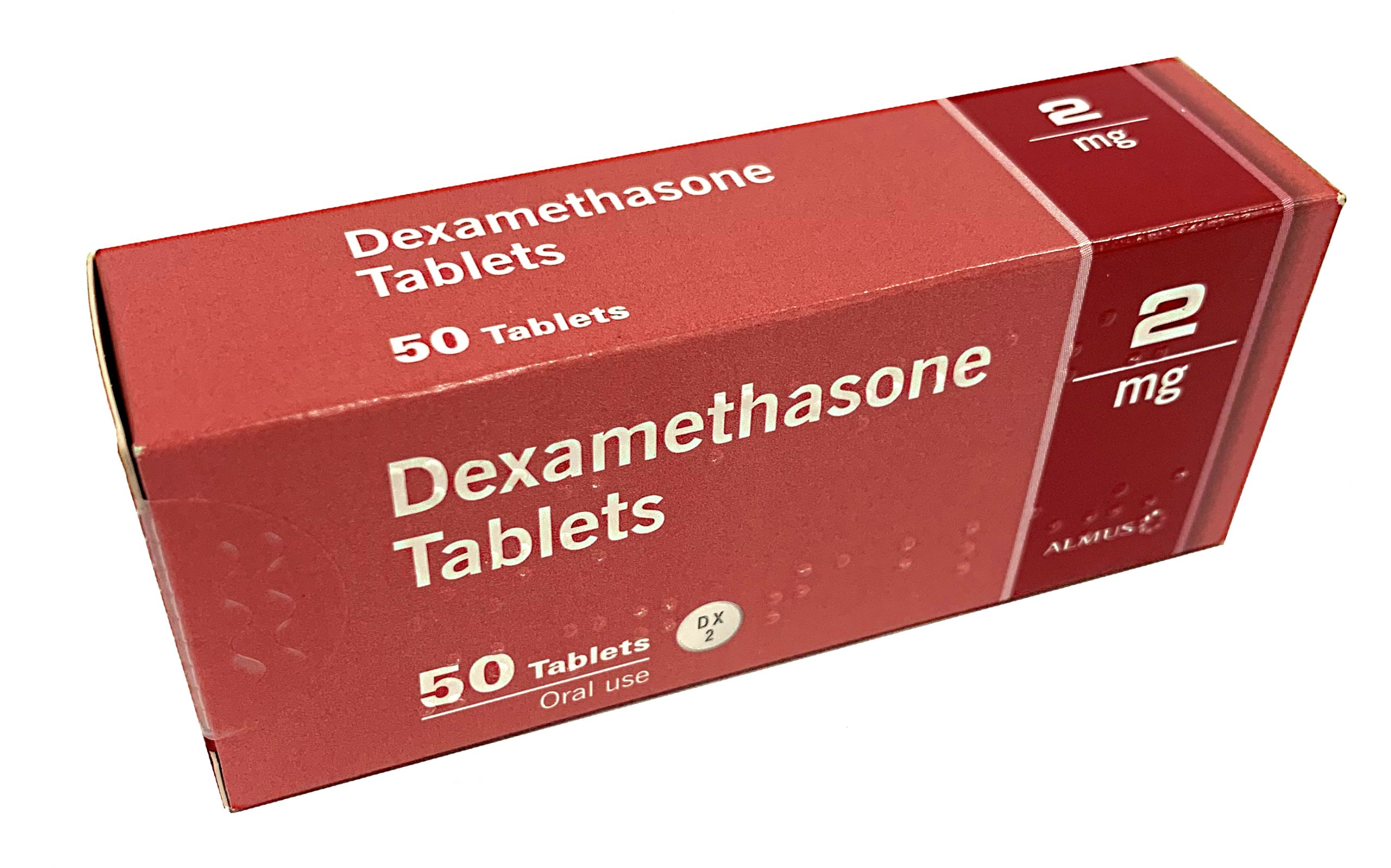Alliance and Boots donate dexamethasone to NHS

The UK's largest medical wholesaler and pharmacy have donated half a million dexamethasone tablets to support the effort against COVID-19.
Alliance Healthcare and Boots, both part of Walgreens Boots Alliance, donated the 2mg Almus Dexamethasone tablets to the NHS to support it during the pandemic.
The decision followed the findings of the RECOVERY trial, which showed the low-dose steroid treatment can reduce fatalities by up to a third in hospitalised patients with severe respiratory complications of COVID-19.
Alliance’s UK managing director Julian Mount and Boots’ managing director for UK and Ireland Seb James, wrote letters to NHS chief executive officer Sir Simon Stevens and health secretary Matt Hancock offering to donate the lifesaving medicine to the NHS.
Alliance has completed the delivery of the dexamethasone tablets to Public Health England, which is holding stockpiles of medicines to be distributed to NHS hospitals across the UK as they are needed.
The findings of the large scale RECOVERY trial were hailed as a “major breakthrough” after showing that after 28 days of treatment, dexamethasone cut mortality by a third in patients who needed mechanical ventilation. In a control group, 41% of patients had died.
For patients who required oxygen support, 25% of patients in a control group had died after 28 days, while dexamethasone reduced that rate by 20%.
The drug did not have an effect in patients who did not require oxygen or ventilation.
Results also showed what didn’t work: the anti-malarial drug hydroxychloroquine, which was stockpiled on the orders of the Trump administration in the US, did not produce a significant effect.
John Southall, senior pharmacy purchasing technician at Mid and South Essex University Hospital NHS Foundation Trust, said: “It was evident from early COVID-19 trials that dexamethasone was very important in the treatment of severely ill patients as it was shown to improve symptoms very quickly in some patients, consequently preventing many patients progressing on to requiring costly mechanical ventilation and long term hospital care.”












